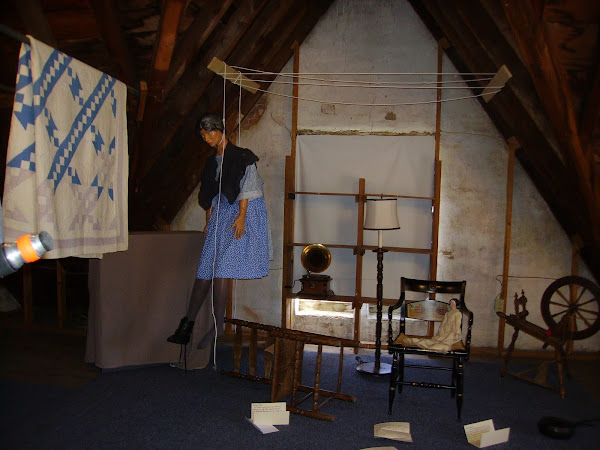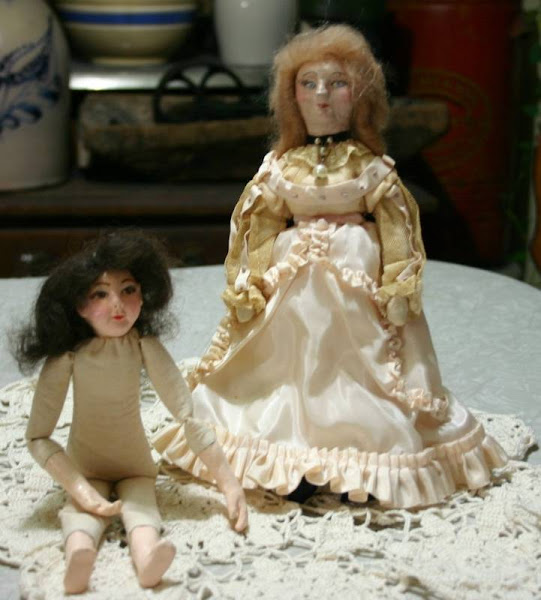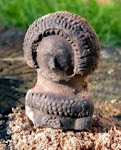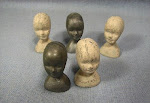A few tips from Dr. Santa; it is his real name as he explains. Especially pay attention to heart attack symptoms and how to avoid a Christmas heart attack. I will try very hard to follow his, and my own, advice!
Dr. Santa’s 12 tips for a healthy holiday
Yes, my name really is Dr. Santa. (It’s Hungarian.) I like doctoring around the holidays—my name makes it fun, and a lot of important health issues come up then, too. I hope this series helps you navigate the season.
TIP 9 Don’t be a holiday heart attack
It’s hard to sugarcoat the statistics: You’re more likely to die of a heart attack on Christmas or New Year’s than any other day of the year. Why? It could be a lot of things. Stress. A particularly high-fat meal. Shoveling snow. Substandard care in an emergency room staffed with a limited holiday crew. But my guess is that denial plays a big role.
Denial, after all, is pretty common over the holidays. We want lots of laughing, all the meals gourmet feasts, and everyone a picture of health. In other words, we think life will take a holiday. But it won’t. You want to believe that slight pain in the chest is just heartburn and not worth making a fuss over. Right? Wrong.
Precisely because heart attacks are so common around the holidays, you should be especially alert to these warning signs:
Chest discomfort, including pain, pressure, squeezing, or a feeling of fullness in the center of the chest. The symptoms may wax and wane.
Pain or discomfort that radiates to one or both arms, the back, neck, jaw, or stomach.
Sudden onset of shortness of breath, even without chest discomfort.
A cold sweat, nausea, or lightheadedness.
If you think you’re having an attack, call 911. Then chew and swallow a regular-strength aspirin.
Of course, it’s even better to avoid heart attacks in the first place. So take these common-sense steps:
Avoid overindulging in food or alcohol. The risk of an attack appears to double in the two hours after a particularly large meal.
Get a flu shot and treat any respiratory illness immediately. In frail folks, those infections can sometimes precipitate an attack.
Minimize emotional stress. Negative emotions, such as anger or stress, trigger the release of hormones that can threaten your heart.
Bundle up outside, since cold temperatures can increase blood clotting and cause blood vessels to constrict.
And take it easy when exerting in the cold, too—whether it’s shoveling snow, or playing with the grandkids.
—John Santa, M.D., M.P.H, director of the Consumer Reports Health Ratings Center
TIP 1 Don’t shop till you drop: How to navigate the holidays in a stress-free and healthful way.
TIP 2 Lights, ladder, and candles: Avoid holiday accidents.
TIP 3 Dr. Santa’s stocking-stuffers.
TIP 4 What not to get for the holidays this year: A cold or the flu.
TIP 5 Over the river and to the ER: What to do if you get sick while traveling.
TIP 6 Raise a toast—but not too many.
TIP 7 Stuff the goose—not yourself.
TIP 8 Difficult holiday conversations.
Subscribe to:
Post Comments (Atom)



























































wCWk~%24(KGrHqV,!h8Ew5GsnS3dBMUy3MzVPg~~_3.jpg)






































































No comments:
Post a Comment